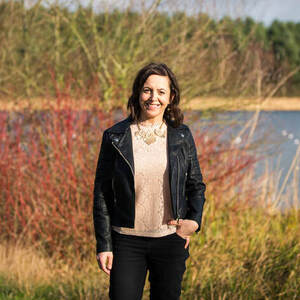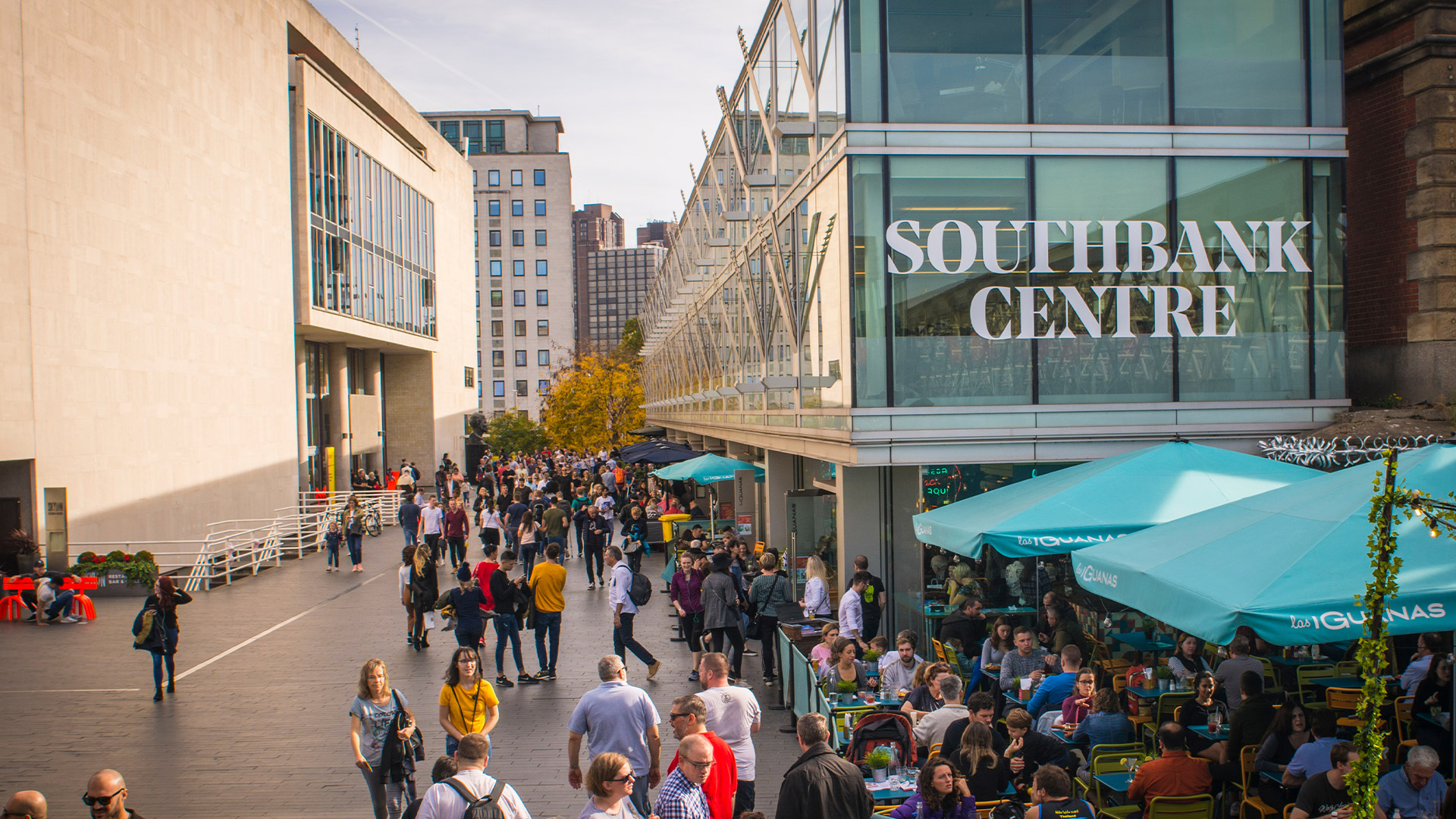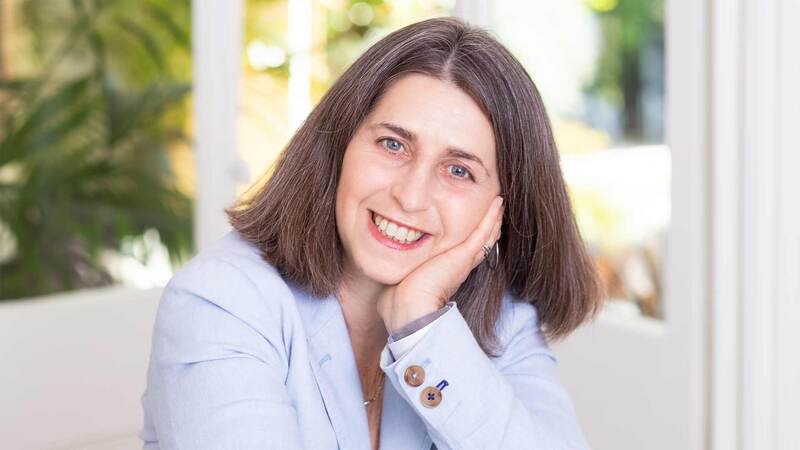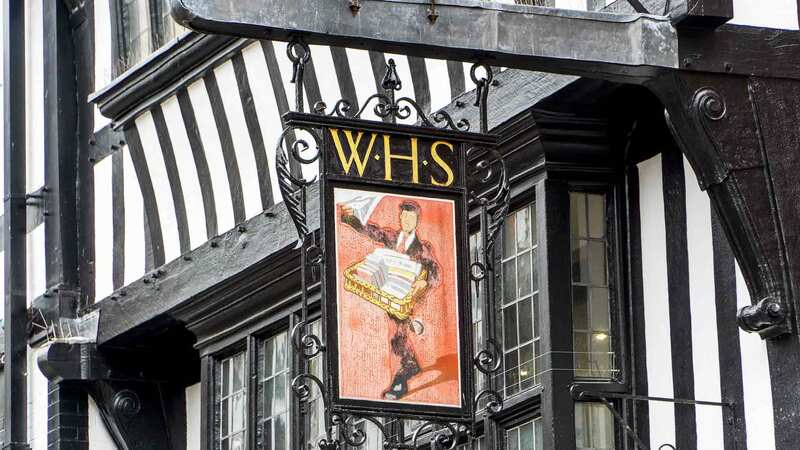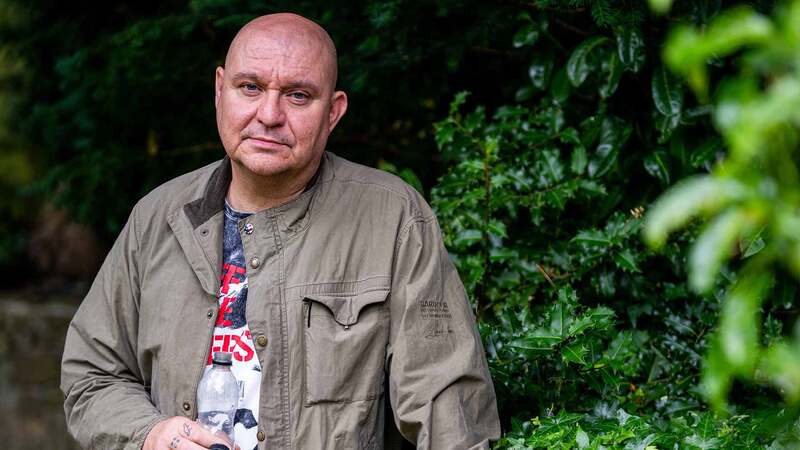You are viewing your 1 free article this month. Login to read more articles.
Craving independence
The Self Publishing Show Live explored a flourishing indie scene - and traditionally published authors want in.
Authors flocked to London’s Southbank last week to attend The Self Publishing Show Live, a two-day event spearheaded by mega-selling indie author Mark Dawson. But don’t let the title of The Self Publishing Show Live deceive you. It wasn’t just indie authors who attended. Many traditionally published authors like me gathered by the Thames to pick up tips or, in some cases, explore "going indie".
Here are five insights I took away from the show.
1. Author earning reports don’t tell the full story
It’s easy to feel despondent about the future of author earnings, with recent reports suggesting author income is dropping.
But during his talk, Alex Newton from data company K-Lytics revealed that digital royalties have seen a steady increase over the years, with a projected 17% growth in 2022 (based on the top 630,00 ranked books on Amazon over the past 2.5 years).
This was illustrated as bestselling indie author Lucy Score took to the stage. Score, who recently secured several lucrative rights deals for her romance novels, told the audience she made a year’s salary in a month when she first hit the digital number one spot.
While outliers like this are bound to exist, the raw data shows many authors are earning good money in the digital realm of publishing.
2. Digital clauses in contracts need updating
In her talk on future developments in the book industry, author and podcaster Joanna Penn urged authors to prepare by paying close attention to the digital clauses in their contracts.
From Non-Fungible Tokens (NFTs) to artificial intelligence (AI) developments, Penn remarked that, “Authors need to ask themselves whether contracts clauses such as ‘All formats existing now and to be invented’ are really in their best interests.”
She also highlighted the need to pay closer attention to audio contracts, citing Spotify’s recent investment in AI voice platforms as they look to move into the audiobook market.
As Penn said, if we authors can adopt a mindset focused on “creating and licensing valuable intellectual property”, more opportunities can open up to us.
Is this why many trad-published authors I speak to are finding it increasingly difficult to find traction in the digital bestseller lists? Not only are more indie authors flooding the digital book market, but they’re flooding it with great quality books
3. Digital returns are not an issue for Amazon
Lately, the author community has been expressing growing concern about a spike in e-book returns on Amazon. Many attribute it to several TikTok videos highlighting Amazon’s return policy to get "free books".
The concern is so high, a petition asking for Amazon to change its return policy has attracted nearly 75,000 signatures.
So it was no surprise when the topic came up during a panel with representatives from the Amazon book team. But the response from UK Books Country Manager, Lisa De Meyer, was unequivocal when she stated that the low percentage of returns means Amazon has no plans at the moment to change its policy.
4. Authors need to write more
This might seem obvious. We’re always told the bigger our backlist, the more chance we have of making more money. But it was even more clear at the show.
The final panel of the show featured five new authors who have earned enough money from their writing to quit the nine-to-five to write full time. The least prolific writer on the panel produces two books a year. The most prolific wrote 13 books in a year!
You might think quality would be compromised, but these authors are still getting an average of four to five-star reviews. Working faster and smarter is working for these authors.
5. Is lockdown writing putting the squeeze on trad author incomes?
I met lots of new indie authors at SPS Live who wrote and published novels during lockdown, either out of necessity when they lost their jobs, or because they had more time on their hands.
Many are now bestsellers, continuing to use methods they’ve learnt from the likes of Mark Dawson and his team to not only write quality stories but also publish those stories themselves with professional packages and savvy marketing.
Is this why many trad-published authors I speak to are finding it increasingly difficult to find traction in the digital bestseller lists? Not only are more indie authors flooding the digital book market, but they’re flooding it with great quality books.
Traditionally published authors beyond SPS Live are sitting up and taking notice, not necessarily with trepidation but with admiration and inspiration. Maybe the new wave Joanna Penn talked of includes even more high-profile traditionally published authors taking the independent route. If so, how will the industry react? Only time will tell…
